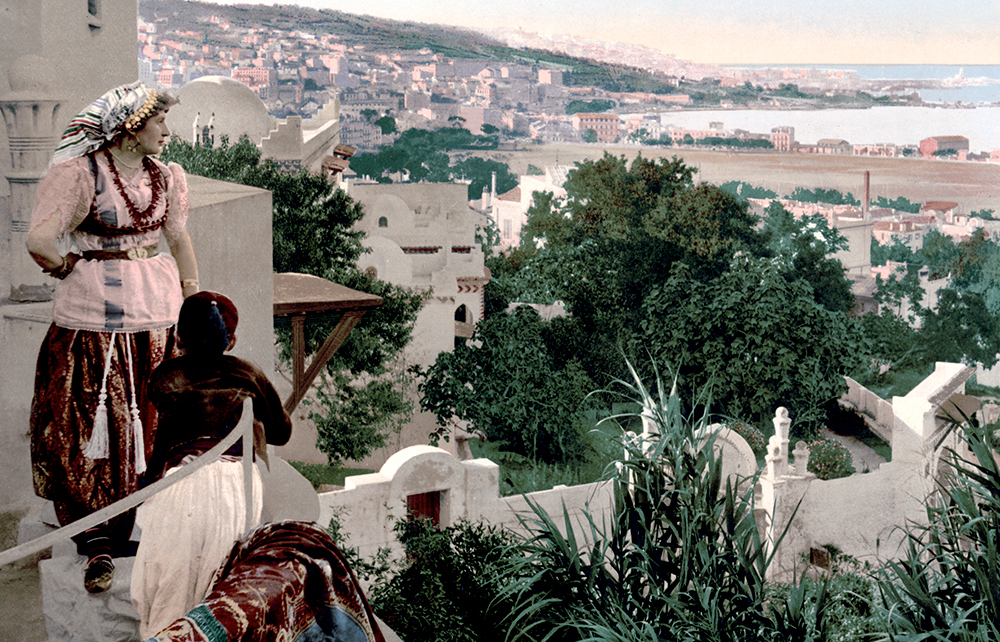Any personal history is hard to fictionalise, not least because the story needs to be both universal and unique. Claire Messud manages to find the right balance in her latest novel, reconstructing her family’s past in vivid episodes that open a multitude of windows on to the world.
Continents and decades chase one another as the narrative traces the movements of the Cassar family. Hailing from Algeria, for much of the book they are citizens of nowhere. Their tribulations begin in 1940, when Lucienne and her children, François and Denise, flee Greece (where their father, Gaston, has been posted as the French naval attaché) to wait out the war in the relative safety of an Algerian hinterland. Soon Paris falls, and Charles de Gaulle, speaking from London, urges his compatriots to fight the enemy. What will Gaston do?
We learn about his decision in due course. With every chapter, the novel leaps through space and time: to Amherst, where François is studying in 1953, and to Buenos Aires, where Denise is struggling to find herself ten years later. Another decade on, there is a family reunion in Sydney, where François now lives. As his wife Barbara entertains her in-laws, we sense that she’ll always be an outsider among them.
The intermittent timeline still allows for continuity: Gaston and Lucienne are ageing happily; Denise is turning into a cartoonish old maid; François is ‘getting jowly’ and jaded; the kids are growing, ‘beauteous in their youth’. The book is written mostly in the third person, and when the younger daughter of François and Barbara takes over the narration for the odd chapter, it’s easy to guess that she represents the author.
The Cassars keep moving between Australia, Canada, France and the US, while Algeria is ‘lost to them forever’ since gaining independence in 1962. The country’s struggle against colonial rule – the biggest lacuna in the storyline – is rarely mentioned, and when conversation turns to it a quarter of a century after it’s over, the three generations of the family are divided. Having reached 2010, the novel cuts to 1927 for one last glimpse of old Algeria.
The characters often dream of ‘home, as faint as a mirage’. Their rootlessness is also manifest in language. Denise feels ‘the shame of being pied-noir’ especially acutely when Parisians assume that people from the former colony can only speak Arabic. When François’s American friends call him ‘Ay-rab’ he laughs it off, styling himself as ‘the cool French seducer’ and embracing English – ‘its energy, its freedom, its carelessness’. Gaston is glad for his son, although his own accent never fails to amuse his anglophone relatives. Unperturbed, he assures them that ‘family… for those with no country [is] home’.
Scenes of family life, with ‘no idyll to be found’ but mostly peaceful, are punctuated by drama: broken hearts and fractured bones, decline and death. Sometimes the narrative jumps forward momentarily to reveal the protagonists’ fates. Lucienne ‘would leave this world while eating her morning madeleine’, and the unfinished little cake would be saved in a glass jar – one of the many things carefully preserved in this book. They are offered to us with precise timing, some of them kept secret until the end.
Just as François in his youth wants to ‘experience everything’, so Messud covers a lot of ground – what was and what might have been – confirming that a family history doesn’t have to be a linear chronicle. She takes ‘all life and the generations slowly collapsing like an accordion’ and unfurls the whole of it in a story that is fragmentary yet fluid, her own but also ours.







Comments